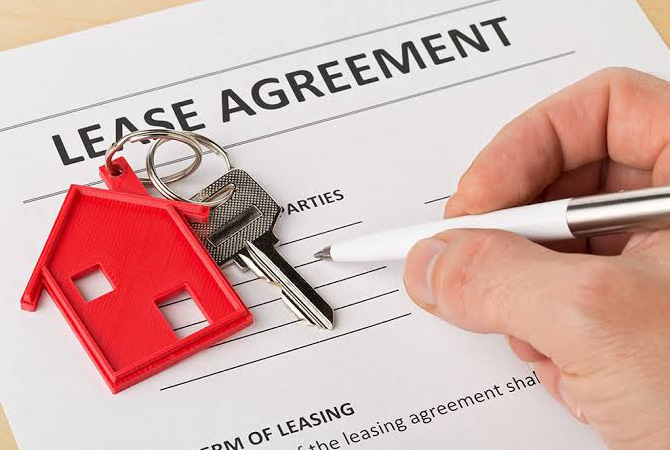
Leasing Property
A lease is a contract between an owner and a user of property. In business lease agreements, the owner (lessor) receives financial compensation and in exchange, the tenant (lessee) is given the right to operate his or her business on the property. There are many different types of property lease arrangements and many different considerations that business owners should weigh before entering into such a contract. But leasing is very popular with small business owners: such arrangements allow new or financially-strapped businesses to divert their capital to other business needs. Indeed, many small businesses operate in leased facilities for their entire existence. Leasing property, of course, may itself be a small business activity.
TYPES OF PROPERTY LEASES
Full-Service Lease
This type of lease is used primarily in multi-tenant office buildings. In essence, lessees who agree to such arrangements pay a single lump sum for a wide range of supplementary services in addition to the lease payment. Under the terms of full-service leases, the landlord is responsible for providing a number of different services for his or her tenants, including security, maintenance, janitorial, and various utilities (water, electricity, air conditioning, heat).
Gross Lease
Under the terms of a gross lease contract, the lessee pays the lessor a gross amount for rent (as well as sales tax when applicable). Property costs such as property taxes, insurance, and maintenance are the landlord's responsibility; the tenant is responsible for utilities. Sometimes the lease contract will include provisions that require the tenant to cover property costs that go over a certain specified level.
Variations of this basic lease arrangement include the flat lease and the step lease. The flat lease is the most basic type of agreement and generally the most popular with small businesses. It calls for the lessee to pay a flat set price for a specific period of time. The step lease, on the other hand, calls for a gradual escalation of the base rent payment over time in recognition of the likely rise in owner expenses in such areas as taxes, insurance premiums, and maintenance. A related lease contract, usually known as the cost-of-living lease, includes rent increases based on general inflation figures rather than increases in specific expenses.
Net Lease
The net lease is the most ubiquitous of the various lease contract types. Under the terms of a net lease, the tenant pays the landlord a base rent plus an additional sum that covers the tenant's share of property taxes. When taxes increase, it is the tenant's responsibility to cover those costs. The obligations of each tenant are figured by determining what percentage of the total facility is occupied by each tenant; thus a tenant occupying 20 percent of the facility pays 20 percent of the increase.
Variations of the basic net lease include the "double-net" and "triple-net" lease. Under a double-net lease, the tenant is responsible for picking up added insurance premiums as well as tax increases; under triple-net leases, tenants are responsible for covering insurance premiums, tax increases, and costs associated with maintenance and/or repairs of the building, the parking lot, and other areas used by the lessee. The triple-net lease is popular with landlords for obvious reasons; small business owners should note that such arrangements sometimes make landlords less attentive to upkeep in these areas than they might be if they had to foot the bill themselves.
Percentage Lease
This arrangement calls for tenants to pay a base rent and/or a percentage of the lessee's gross revenue. This percentage, which can run as high as 10-12 percent in some contracts, is paid on an annual, semiannual, or quarterly basis (some malls and shopping centers, however, call for even more frequent payments). This arrangement is a favorite of lessors with property in coveted retail areas; tenants are less favorably inclined, but the laws of supply and demand often make it possible for owners of desirable property to insist on it. Small business owners should fully understand what the contract defines as "gross revenue." "Be specific in how you define gross sales," wrote Fred Steingold in Legal Guide for Starting & Running a Small Business. "Depending on your type of business, certain items should be deducted from gross sales before the percentage rent is determined. Here are some possibilities: